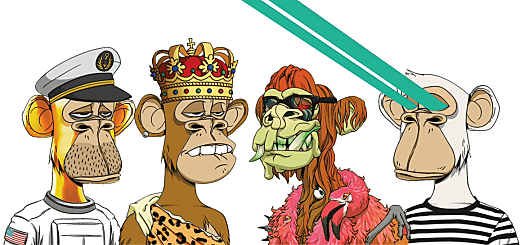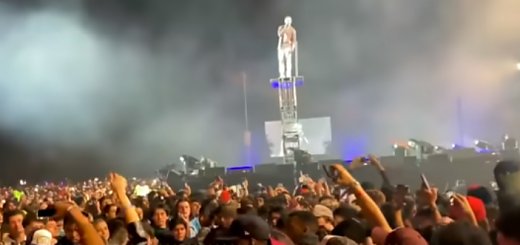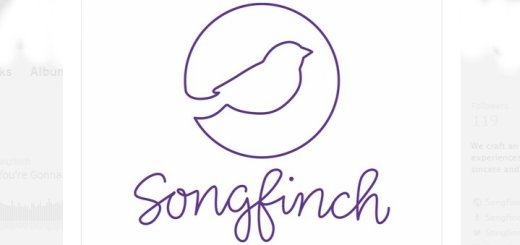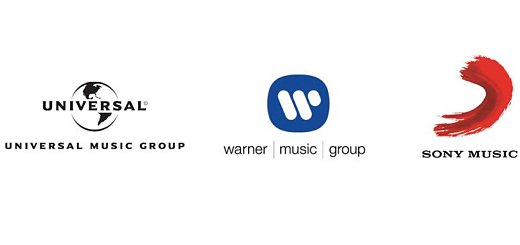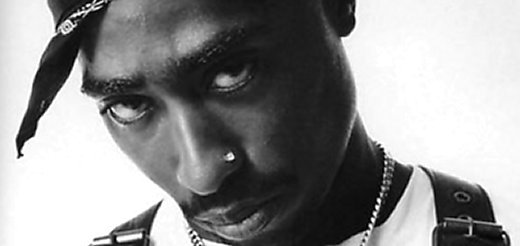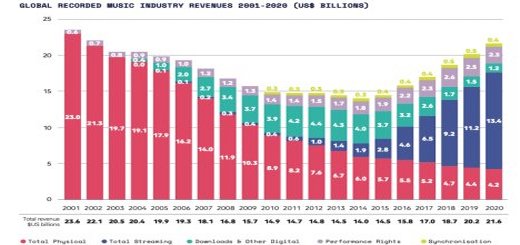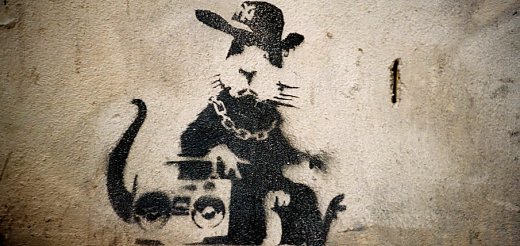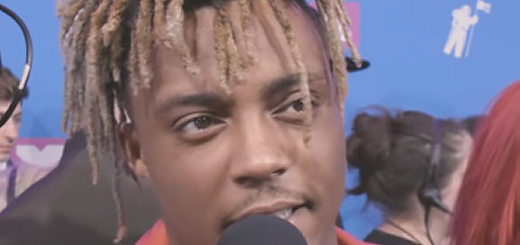Dan Runcie: How hip-hop artists become billionaires
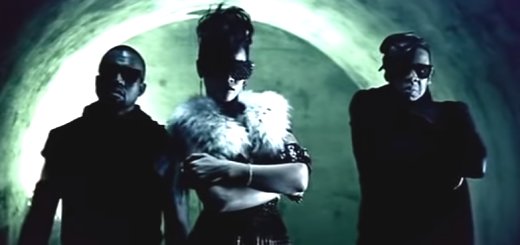
A reminder to Dan Runcie's earlier essay: "Jay-Z, Rihanna, Kanye West are on the top shelf of rap’s new-money class. They became world-famous millionaires through the music industry, but realized they would have to sell more than music to become billionaires. The 'Run This Town' trio used music as the gateway, then capitalized on their influence at the height of their fame. Jay-Z made bank from selling Ace of Spades champagne and investing in startups. Rihanna built her Fenty empire into multiple brands. And Ye has sold so many Yeezys he’s probably lost count. The bottom line? Star power gets you in the door, but to maximize your platform, you need to sell something authentic that customers want to keep buying".

